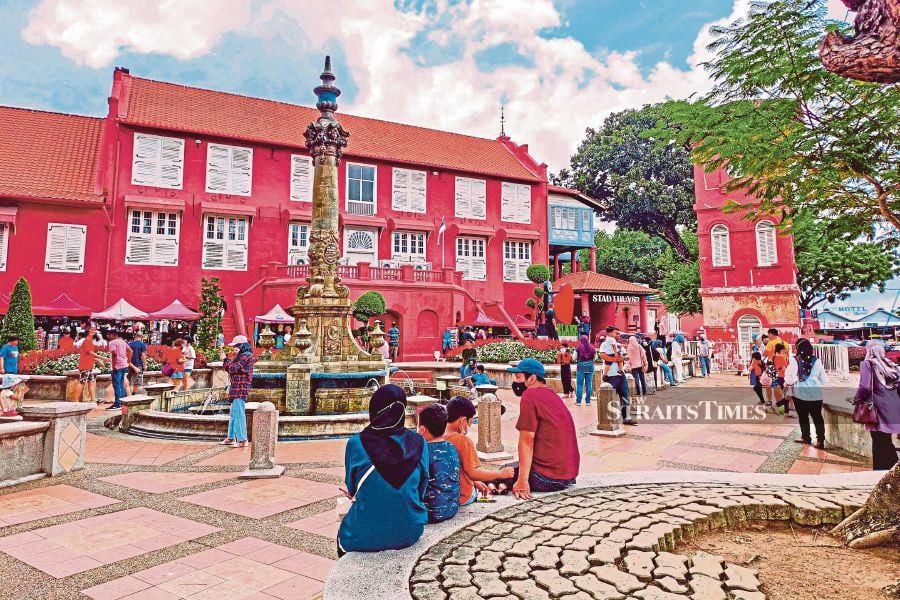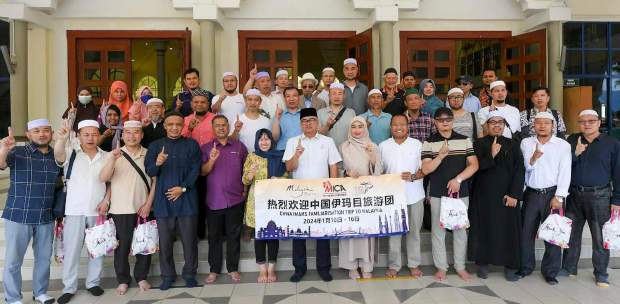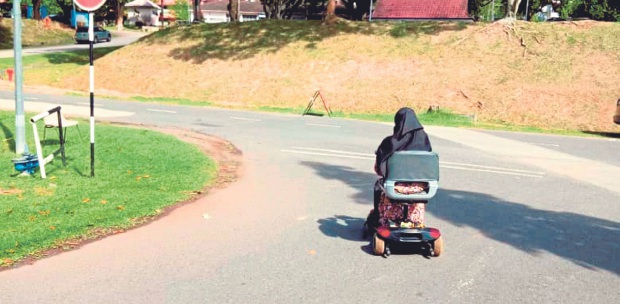LETTERS: WE need to be aware that meeting the requirements of people with disabilities is a significant and growing element of the global tourism industry.
According to estimates from the World Health Organisation (WHO), approximately 650 million people, or 10 per cent of the world's population, suffer from a disability.
In addition to mobility issues, this classification includes a range of imperceptible conditions, such as mental illness, hearing and vision impairments, cognitive challenges and neurodiversity (including autism), sensory and emotional disabilities, and cognitive and neurological disorders.
Travel expenditures by individuals with disabilities amount to US$58.2 billion annually, representing a significant market opportunity, particularly in the United States.
Nevertheless, there are several barriers that impede the ability of people with disabilities to participate in the tourism industry.
These include substandard accommodation and transportation options, inadequate training for airport and airline staff regarding disabilities, and extensive distances between terminals and gates. Recognising disabled travelers as a significant, yet overlooked demographic in the global tourism industry could have profound implications for our tourism sector.
Thus, we should modify our operational strategies to accommodate the diverse needs of disabled visitors. Malaysia stands to benefit from implementing an inclusive and accessible approach to its tourism offerings.
The provision of accommodation for visitors with disabilities could substantially bolster the expansion of our tourism sector.
Through acknowledging the importance of accessibility and adjusting business strategies accordingly, the local tourism sector can appeal to a previously unexplored segment of visitors, thereby stimulating economic growth and diversification.
For instance, Curitiba, the capital of the southern Brazilian state of Parana, has prioritised opening tourism experiences that focuses primarily on programming for the visually and cognitively impaired, in the city's main Botanical Garden — a Garden of Sensations.
Acknowledging disabled travellers as a substantial yet neglected segment of the tourism industry presents challenges and opportunities.
By modifying our approaches to accommodate the diverse needs of disabled visitors, Malaysia can elevate its reputation as a progressive and forward-looking international tourist destination.
AHMAD NIZAM CHE KASIM
Faculty of Business and Communication,
Universiti Malaysia Perlis
The views expressed in this article are the author's own and do not necessarily reflect those of the New Straits Times





